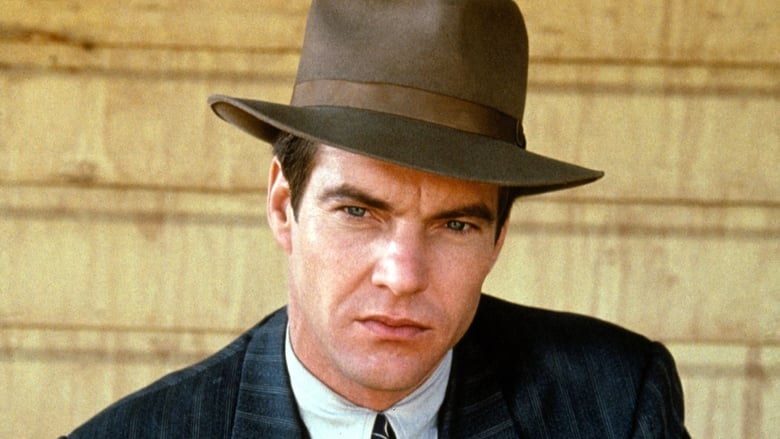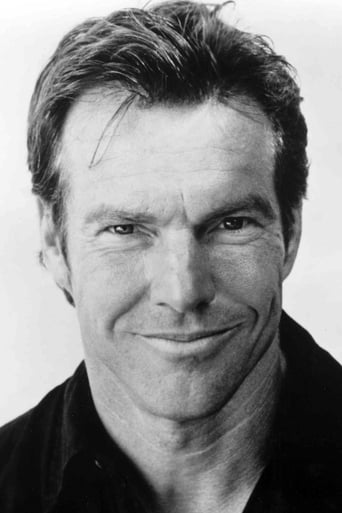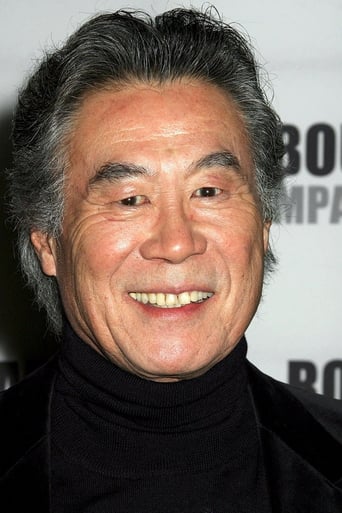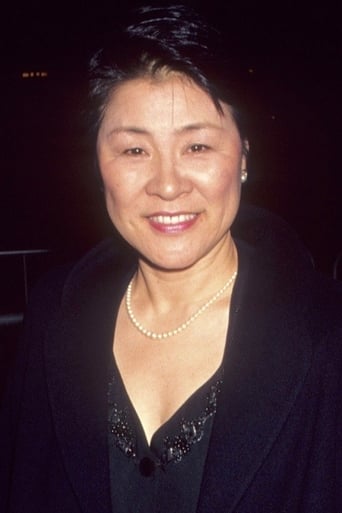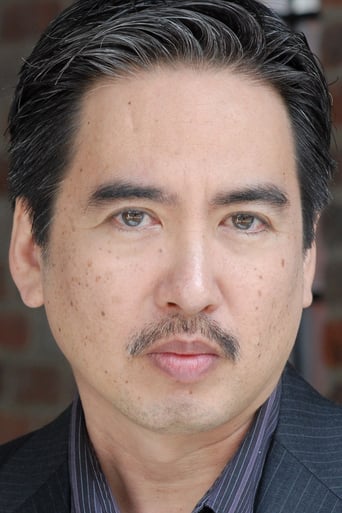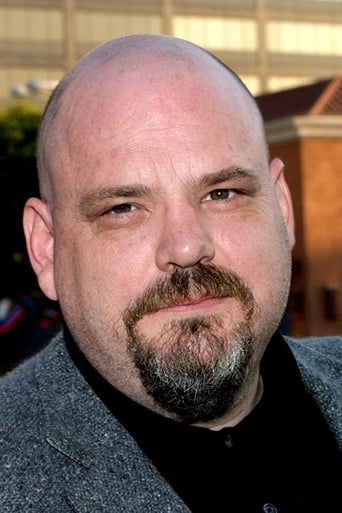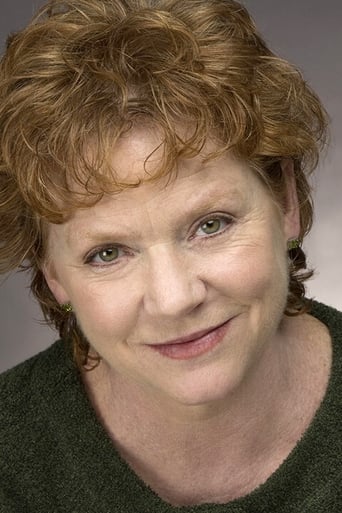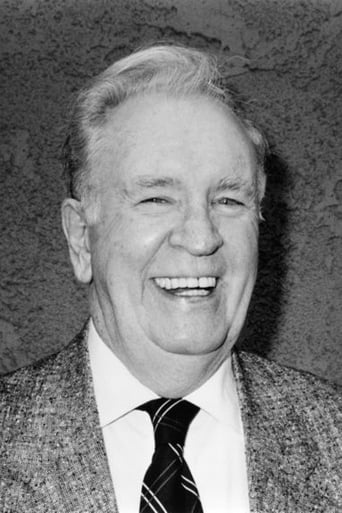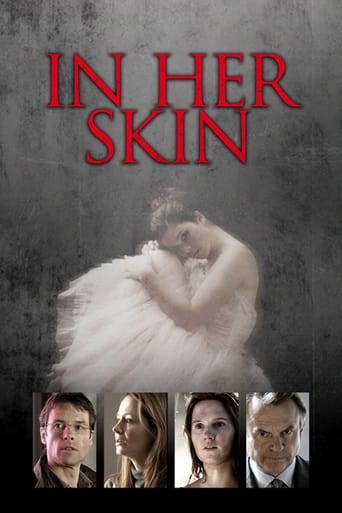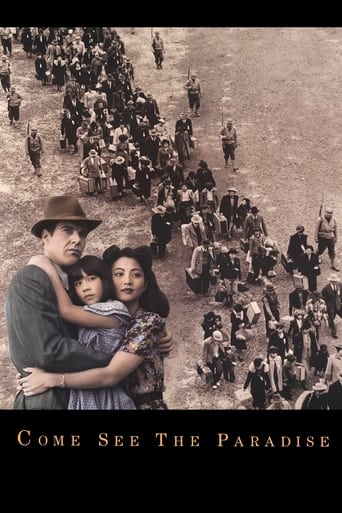
Come See the Paradise
December. 23,1990 RIn this drama from director Alan Parker, on-the-lam Jack McGurn flees to Los Angeles and takes a job as a projectionist at a movie theater owned by a Japanese-American man. Jack falls for the owner's daughter, Lily, but they are forced to elope to Seattle when her father forbids the relationship. The couple marry and have a daughter, but when World War II breaks out, Jack is powerless to stop his new family's forced internment.
Similar titles
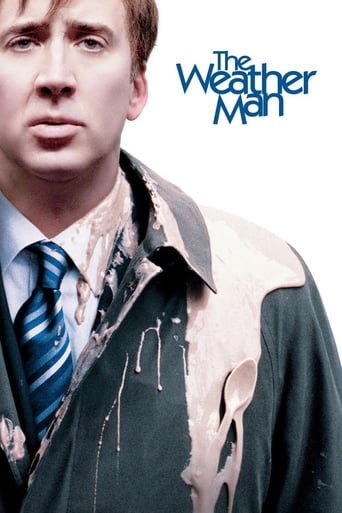
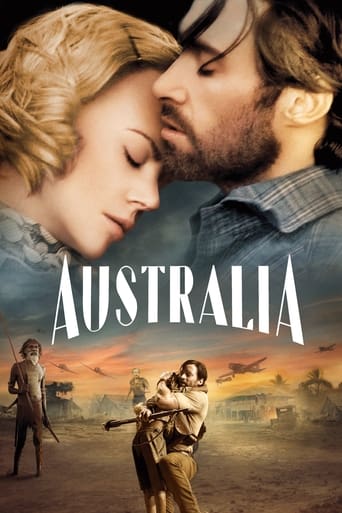
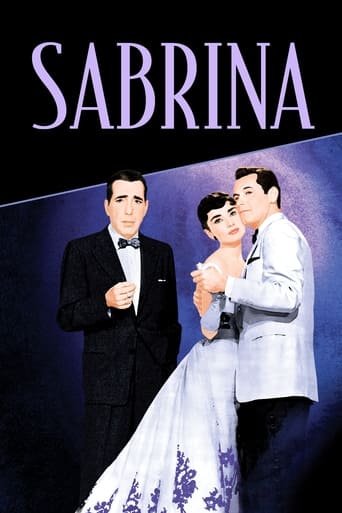
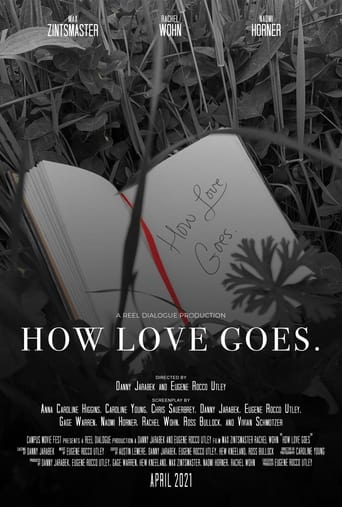
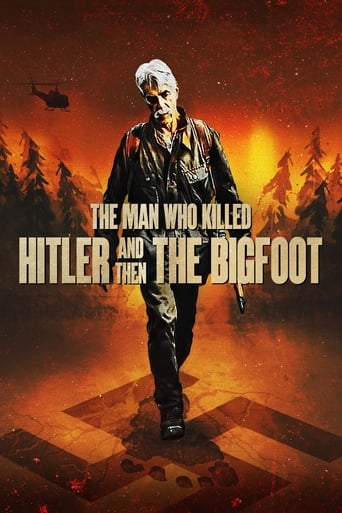
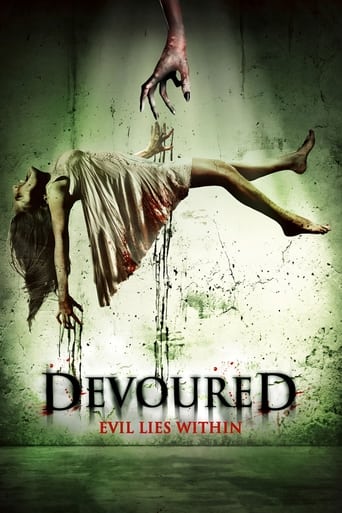




You May Also Like

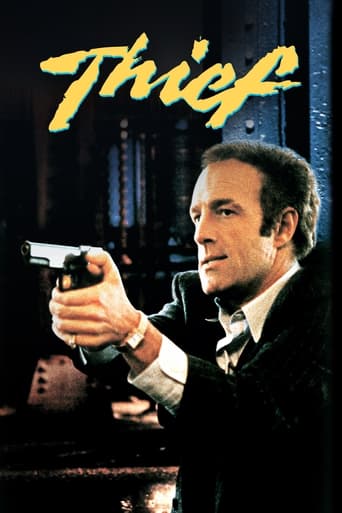
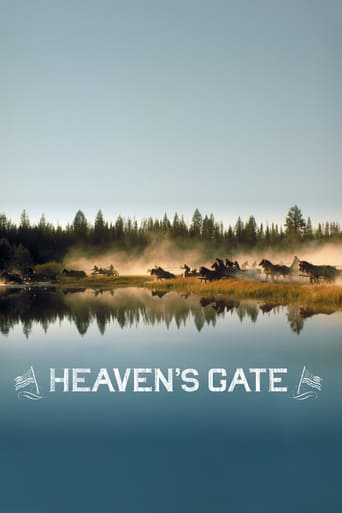
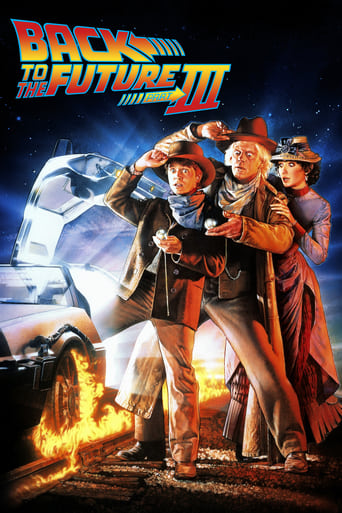
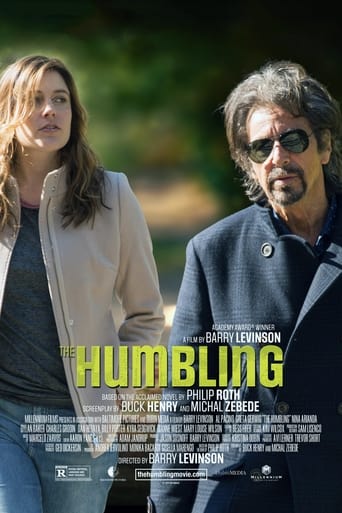
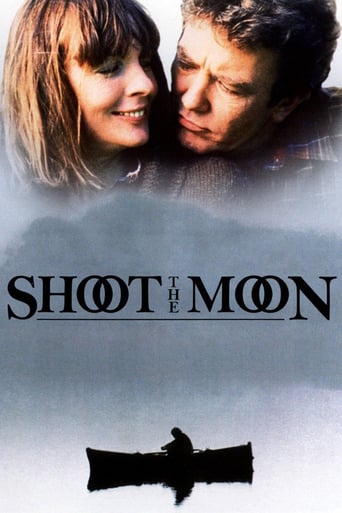



Reviews
Purely Joyful Movie!
Excellent, a Must See
An Exercise In Nonsense
The film never slows down or bores, plunging from one harrowing sequence to the next.
While I can't say I whole-heartedly hated this movie, I can't say I loved it either. In some ways, it attempts to make a difficult part of history more palatable for an American audience, and for this, I believe it deserves some commendation. However, to a large extent, the plotline of the film overshadows the historical events that it attempts to incorporate, and possibly even trivializes the hardships endured by people of Japanese descent during the 1930s and 1940s. The movie itself is centered around a cliché, star-crossed love story, leaving the majority of the historical features of the film as bits and pieces that are seemingly tacked on to give the film its validity. More than half of the film is spent on (albeit, poor) character development and introduction of the main conflict. As a result, the parts of the film that deal with internment and other injustices faced by people of Japanese descent are framed inherently as secondary aspects of the story. Internment and relocation were used as plot devices. Tense racial and/or ethnic conditions within camps and society are played down to make Jack and Lily's love more plausible. In many cases, Nisei and Issei were faced with systemic and often violent anti-Japanese sentiments that posed threats to personal wellbeing. In the camps, conditions were unsanitary and, due to the material losses some people suffered when forced to leave their houses so quickly during the relocation process, many internees were not able to afford appropriate medical care. This aspect is largely glossed over in the movie depiction. While I can go on about the issues I have with this film, I do believe it does a decent job of highlighting some of the important aspects of this period of history. Through the plot, Parker addresses the paradox of citizenship and loyalty, as well as other injustices and racism faced by the Japanese community during the 1930s and 1940s. Before World War II, people of Japanese descent were prevented from receiving citizenship by US immigration policies, but during internment, these people were also asked to swear loyalty to the United States, effectively challenging their identity as either Japanese or American. Similarly, there is some mention of the racism experienced by Nisei and Issei during this time, but it is often more generalized and even misguidedly incorporated into the screenwriting itself. Come See the Paradise walks the fine line between being historically valuable, and unfortunately frustrating to watch. What it lacks in historical accuracy, it makes up for in typical, sappy, Hollywood romance. This film could not be confused with a documentary, but for those seeking an interesting movie to watch, this is a decent choice if taken with a grain of salt.
Come See the Paradise is another typical Hollywood depiction of a rarely mentioned event in America's complicated history. The movie does its job of creating an emotional reaction and one that makes you feel sympathy for the characters and their situation, but in terms of historical content there are some inconsistencies. My biggest question after watching this film is the necessity of including a love story amongst a topic that could constitute its own movie. In my opinion, the notion of holding people in a camp against their will should constitute enough emotion that a romantic interest is not necessary. Sure, the love story adds an aspect of intrigue and brings people to the movie by playing up the romantic storyline, but, in actually, the depicted relationship is wildly inaccurate in a historical sense. An interracial couple such as Lily and Jack would have had immensely more struggles in their daily lives. The fact that they just walked into a wedding as a couple and nobody said anything to them would have been highly, highly unlikely in the 1930's. Likewise, the couple would have had trouble procuring service at a restaurant, getting a hotel room and even going out in public without garnering some quizzical looks. I understand the necessity of including a love story for modern audiences, but to someone watching with the intent to analyze historical content this can be more of a distraction than a delight. I believe that the scenes taking place in the camp could have completely stood on their own without the appearance of Dennis Quaid's character. Conversely, the movie was fairly accurate with other historical details related to the life of the Kawamuras. The recreation of Little Tokyo was filled with impressive props and attention to detail. The reference to the Japanese Citizen's League, Question 26 concerning American loyalty and the No-No boys were a sight for weary eyes at that point in the movie. In the end, nothing can be done about the fact that, overall, this is a Hollywood production and the main goal of the movie is to put people in the audience. In terms of historical accuracies, there was good attention to detail in general, though the love story is an unnecessary aspect of the film. The main redeeming aspect of this film is that it spreads the story of Japanese internment to Hollywood's audiences, but why must this be done through an aspect of love? Isn't the narrative of life before, during and after internment enough to create a film worthy of Hollywood?
Alan Parker's Come See The Paradise tackles a little spoken of, tragic period of American history: the internment of thousands of Japanese families in prison camps following the attack on Pearl Harbour, which sparked World War II. After the incident, a wave of frenzy and paranoia roiled across the states, and many of these people were separated from their loved ones for years, an event that altered thousands of lives, but not one you hear too much about in film. Parker is a born storyteller, whether it's historical lore or Gothic genre brilliance (insert obligatory Angel Heart reference), and here he approaches the subject matter with little to nothing in the way of melodrama, classic orchestral swells or tissue box bait, letting the story happen naturally and neutrally, the drama organically rising scene to scene as they happen. Dennis Quaid plays an Irish American man who falls in love with a Japanese girl (Tamlyn Tomita), and over a few years begins a life with her. He is a fiercely independent union man, passionately fighting for the working class, while she comes from a very tight knit family who rely on each other to make ends meet. Somehow the two of them make it work amidst the early stages of the American working machine, the love they have for each other keeping them afloat. Then the attacks occur. Quaid is separated from her and their daughter for over a decade, and the film's pacing makes you feel every lost, broken moment of it. When their reunion does happen, it's nothing like the romantic, tear jerking catharsis you'd expect, but a testament to Parker's commitment to realism. The sadness comes from the hollow, unceremonious way in which these people are affected by such things, and how they simply go on, adapt and adjust, the pain an intrinsic part of everyday life. The movies show a different picture of that usually, an idealistic bubble where things always somehow end up alright, and every last thread is tied off somehow. Not with this one, which is why it may have been forgotten. In any case, it's a beautifully tragic, eye opening piece that stays true to its narrative and follows it's characters throughout bittersweet, minimalistic and believable arcs.
It's 1936. Jack McGurn (Dennis Quaid)'s wife had gone back to Ireland after losing their unborn child in an industrial accident. He is an union "sweatshop lawyer" who gets run out of Brooklyn after he disagreed with burning down a theater. He comes to join his brother Gerry in L.A. and eventually gets a job at a Japanese theater in Little Tokyo. He falls in love with the owner's daughter Lily Kawamura (Tamlyn Tomita). Her father forbids her and she runs away to get married in Seattle. It was illegal in California at the time. He gets into trouble trying to organize the cannery plant that he works at despite her objections. She goes back to her parents right when Japanese forces attack Pearl Habor. The police arrests all the first generation men. Jack rejoins his family in L.A. The family is interned and Jack is drafted.The movie moves deliberately. It takes its time to show the cultural differences and give the romance some space. It's a bit slow but it works as an old fashion romantic film. It doesn't really heighten the drama more than a simple melodrama level. The running time is over two hours long and probably would work better with less. This starts as a fine love story about Jack and Lily but that drama fades into the background in the second half. The camp part of the movie becomes more about telling different aspects of life through the family members.
Top Streaming Movies











